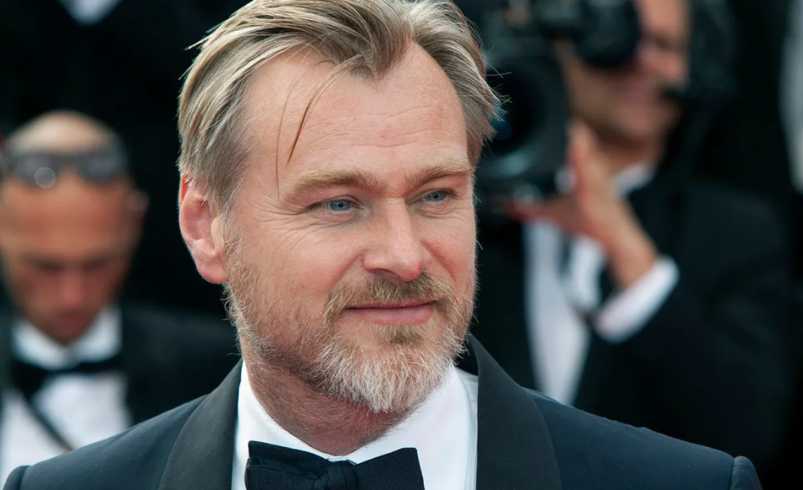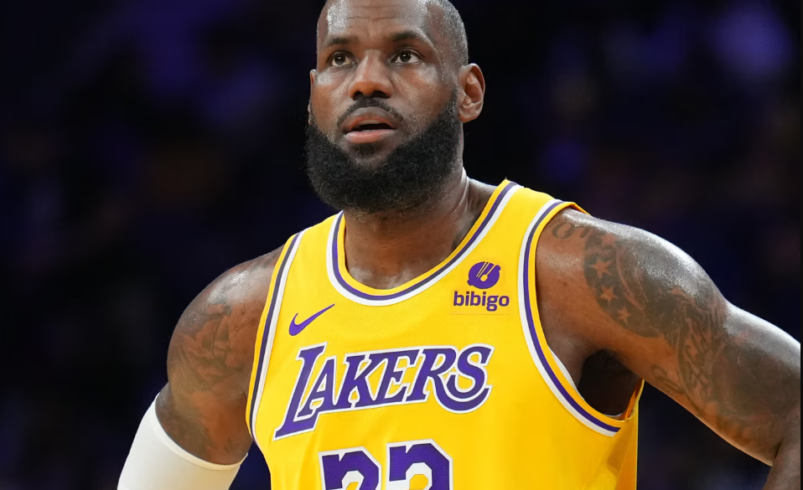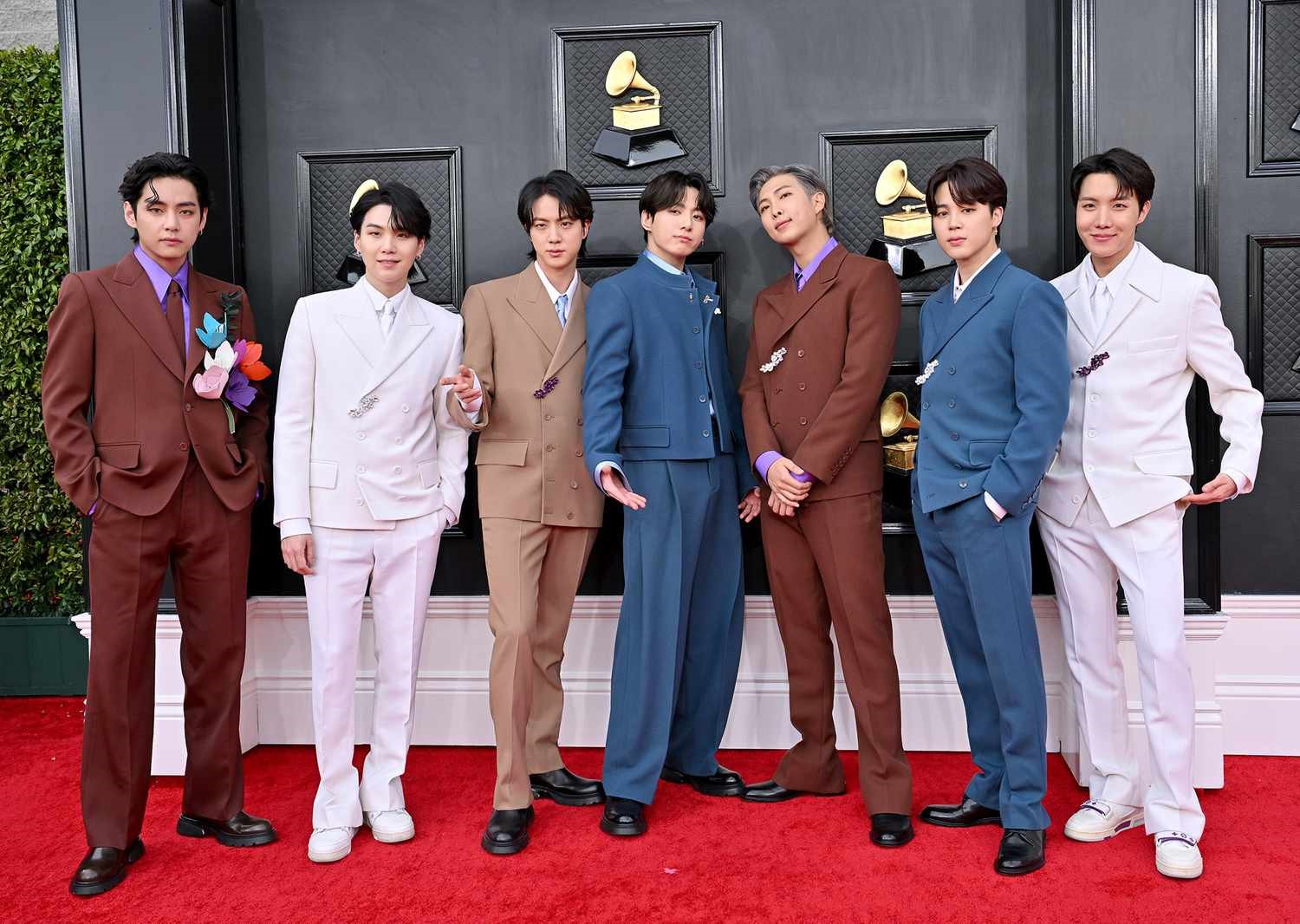
Christopher Nolan is widely regarded as one of the most innovative and intellectually stimulating filmmakers of our time. Known for his mind-bending, realistic narratives and his ability to seamlessly blend high-concept ideas with deeply human stories, Nolan’s cinematic oeuvre has captivated audiences and left an indelible mark on the industry. What many may not realise, however, is the rich tapestry of literary influences that have shaped Nolan’s creative vision. From classic novels that explore the complexities of the human condition to obscure works of science fiction that toy with the nature of reality, Nolan’s book recommendations provide a fascinating glimpse into the wellspring of his cinematic brilliance.
In this blog, we’ll unlock the literary treasures that have inspired the director’s distinctive approach to storytelling, discovering the connections between the printed page and the silver screen. Whether you’re a devoted Nolan fan or simply a lover of thought-provoking narratives, this curated collection of his recommended reads is sure to expand your mind and deepen your appreciation for the art of filmmaking.
“The Sorrows of Young Werther” by Johann Wolfgang von Goethe
Nolan has cited this classic 18th-century novel as a key influence on the emotional themes and nonlinear structure of his acclaimed film, “Memento.” Goethe’s tale of a young man’s tortured inner life and his tragic love affair is a masterful exploration of the human psyche, an interplay of philosophical musings with raw, visceral passion. Nolan’s own fascination with the workings of the mind and the nature of memory can be seen as a cinematic echo of Werther’s tortured self-reflection.
“The Iliad” by Homer
The epic grandeur and mythological cornerstones of Nolan’s acclaimed Dark Knight trilogy are widely believed to have been inspired by the timeless tales of Homer’s “The Iliad.” The film’s sweeping scope, its examination of the human condition under the weight of great trials, and its expedition into heroism and darkness all find resonance in the classic Greek poem’s examination of the Trojan War and its legendary protagonists.
“The Origins of Consciousness in the Breakdown of the Bicameral Mind” by Julian Jaynes
Nolan’s intellectual investigations of the human mind, notably in films such as “Inception,” are claimed to have been greatly influenced by this landmark psychological book. Jaynes’ hypothesis that human consciousness evolved from a “bicameral mind”—a s split between the intuitive and logical—served as a foundation for Nolan’s own cinematic explorations of consciousness, reality, and the subconscious.
The works of Jorge Luis Borges
The Argentinian author’s distinctive blend of philosophy, mathematics, and metaphysics has been widely acknowledged as a key inspiration for Nolan’s own cerebral storytelling style. Borges’ examination of the nature of reality, his playful experimentation with the borders of time and space, and his curiosity about the human mind’s ability for self-deception are all echoed in the director’s mind-bending storylines.
“The Prestige” by Christopher Priest
Priest’s 1995 novel served as the direct inspiration for Christopher Nolan’s 2006 film of the same name, which tackles themes of rivalry, obsession, and the meaning of reality. The book’s analysis of the moral and psychological fallout from a bitter, lifelong rivalry between two 19th-century magicians is a wonderful fit with Nolan’s own interest in the complexity of the human condition.
“The Double” by Fyodor Dostoevsky

Dostoevsky’s beloved novel from the 19th century, “The Double,” is said to have had a significant impact on Nolan’s preoccupation with identity and the doppelgänger motif. With its examination of identity and the essence of the self, the movie “The Prestige” shares a lot of thematic parallels with Dostoevsky’s story about a civil worker whose life is turned upside down when his sinister doppelgänger shows up.
“The Thirteenth Floor” by Daniel Galouye
This science fiction book from the 1960s explores the nature of reality in virtual worlds and is mostly credited with inspiring the idea behind “Inception.” It is possible to view Nolan’s own investigation of dream states, changed realities, and the fuzziness of the boundaries between the imagined and the actual as a cinematic development of the concepts offered in Galouye’s seminal work of science fiction.
“Frankenstein” by Mary Shelley
The existential implications and moral dilemmas raised by technological advancement have frequently been the subject of Christopher Nolan’s films. It is thought that the director took inspiration from Mary Shelley’s classic novel “Frankenstein” for his own investigations into creation, accountability, and human hubris. Particularly noteworthy are the similarities between the ideas of Christopher Nolan’s “Interstellar” and the creator-creation interaction found in Shelley’s book.
“The Invention of Morel” by Adolfo Bioy Casares
The way in which this Argentine novel blends science fiction with philosophical ideas is seen as a major influence on Christopher Nolan’s use of nonlinear storytelling. The director’s own cinematic riddles, which test viewers’ perceptions of the world on screen, resonate with Casares’ investigation of the nature of reality, the flux of time, and the relationship between perception and truth.
“The Dichotomy of Control” by Epictetus
Nolan’s films often grapple with the tension between fate and free will, the individual’s agency, and the human condition. The Stoic philosophical tenets outlined in Epictetus’ “The Dichotomy of Control” are believed to have influenced the director’s exploration of these themes, particularly in the context of his war epic “Dunkirk” and its examination of the choices made by its characters under the immense pressure of historical events.
We learn more about the creative and intellectual foundation that supports Christopher Nolan’s cinematic genius by exploring this intricate web of literary influences. For a filmmaker who constantly pushes viewers to look outside the box of conventional storytelling, these books—from the psychological depth of classic novels to the mind-bending adventures of speculative fiction—have been essential touchstones. This carefully chosen selection of Christopher Nolan’s suggested books is likely to broaden your horizons and enhance your understanding of the ability of the written word to influence the craft of the moving picture, regardless of your level of devotion to the filmmaker.










